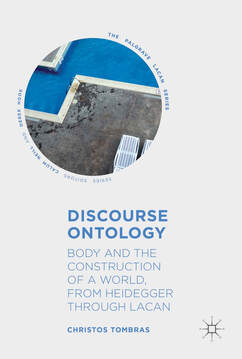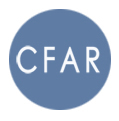Of course we don't stay at that. It's a good opportunity to discuss more generally about language, philosophy, mathematics, and psychoanalysis, as well as about Heidegger, Husserl, Freud, and Lacan.
For the specific episode click here.
It is also available on SoundCloud, as well as at all the usual podcast streaming platforms. Links here.
Vanessa's main website page is at Rendering Unconsious.


 RSS Feed
RSS Feed